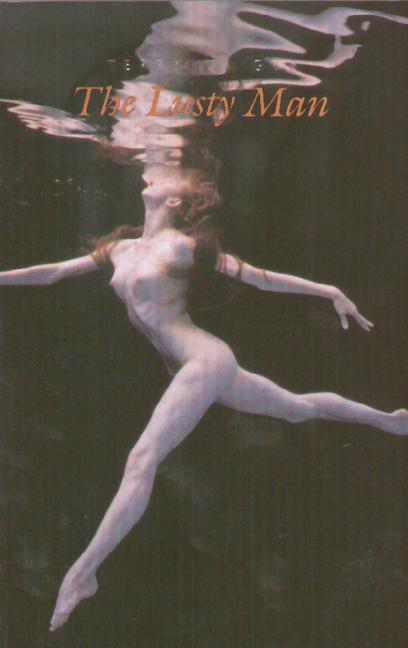'The Lusty Man is a very different kind of book, a Rabelaisian romp, a roaring whirl. The comedic Terry Griggs conducts a veritable 'three-ring circus,' to use Ruthie Stink's words, as a hapless quasi-scholar from Toronto (where else?), with the hegemonic name of Innis C. George (a comic fusion of the names of Canadian scholars Harold Innis and George Grant, no doubt), penetrates a Northern Ontario island community in search of an ancient Celtic fertility figure, the "lusty man" of the title. Unceremoniously dunked into the lake upon arrival, red Triumph TR4 and all (at which point he loses his lucky charm, a stone penis glued to his dashboard -- so much for the virility of academic men), Innis is rescued and reborn into a raucous world dominated by the Stink family, a clan wherein fertility is hardly a symbolic issue. For the Stinks are real-life lusty men. They exude body heat, and those around them sooner or later capitulate to the bawdy as if the very atmosphere about them is saturated with irresistible male pheremones. Ruthie Stronghill marries Gram Stink in spite of the fact that his hands smell of dog food, because he simply makes her "eyes pop out" and her body "say howdy." Young Rita Cabel seeks her own entry into the world of lusty men via membership in the all-male "Snakes Club." Even the resident nun, Sister St. Anne, takes a flying leap into carnal temporality before the story ends.' Canadian Literature












